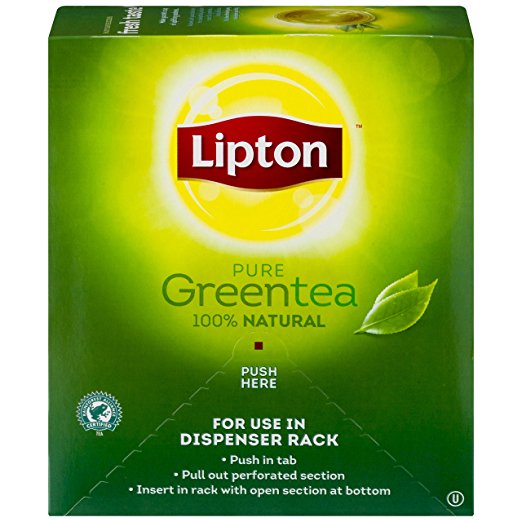Wheat and Gluten – What’s the Difference?
Some people suffer from allergies and intolerances to wheat and/or gluten. These allergies and intolerances can cause symptoms that are fairly mild to life threatening. But what is the difference between wheat and gluten?
It seems that sometimes the words are used almost interchangeably in ingredient lists and conversations about what ails us, but there is, in fact, a difference!
Wheat is a grain. We all know that. Gluten is the sticky protein that is found in wheat and other grains such as barley, rye, malt, and – to some extent – oats. Wheat and gluten are related – they come together in a package.
Gluten is what binds the dough in breads and baked goods. So if wheat and gluten are not the same thing, but are so closely related, is it possible to have an allergy or intolerance to one and not the other?
Well, if you’re allergic to gluten, you need to stay away from wheat, since wheat contains gluten. And if you’re allergic to wheat, since gluten is part of wheat’s make up, then you probably need to avoid gluten as well. But if you’re allergic only to wheat, you can still enjoy other grains that have gluten in them.
What are signs and symptoms of a wheat or gluten allergy or intolerance? Allergic reactions to wheat and/or gluten can include the following: digestive disturbances such as vomiting, diarrhea, gas, constipation and bloating, chest pain, nausea, hives, eczema, swelling and even anaphylaxis.
Symptoms of wheat and/or gluten intolerance can be: digestive disturbances similar to wheat/gluten allergy, fatigue, irritability, skin irritations, vomiting, heartburn and headaches.
Allergy symptoms will usually come on very quickly after ingestion of even a small amount of wheat or gluten. The symptoms of intolerance may not show up at all, or be delayed.
Sometimes people with intolerances can have small amounts of wheat or gluten with no problem, only having issues when they eat large amounts of the problem ingredient. Gluten intolerance or allergy has also been tied to autism and other behavioral disorders.
Research is currently being conducted, but placing autistic children on a gluten-free diet has shown positive results. Along with autism, gluten allergies seem to cause other symptoms that wheat allergies don’t. They include osteoporosis, weight gain or loss, slow growth in infants and children, and depression.
If you suspect you have a wheat or gluten allergy or intolerance, you should consult with your doctor and a dietician for testing and to find out the best ways to handle your disorder.
While there’s no way to cure an allergy or intolerance for wheat, gluten or any other type of food, you can control the symptoms by avoiding foods and ingredients that cause your discomfort.
Best Gluten Intolerance Products








